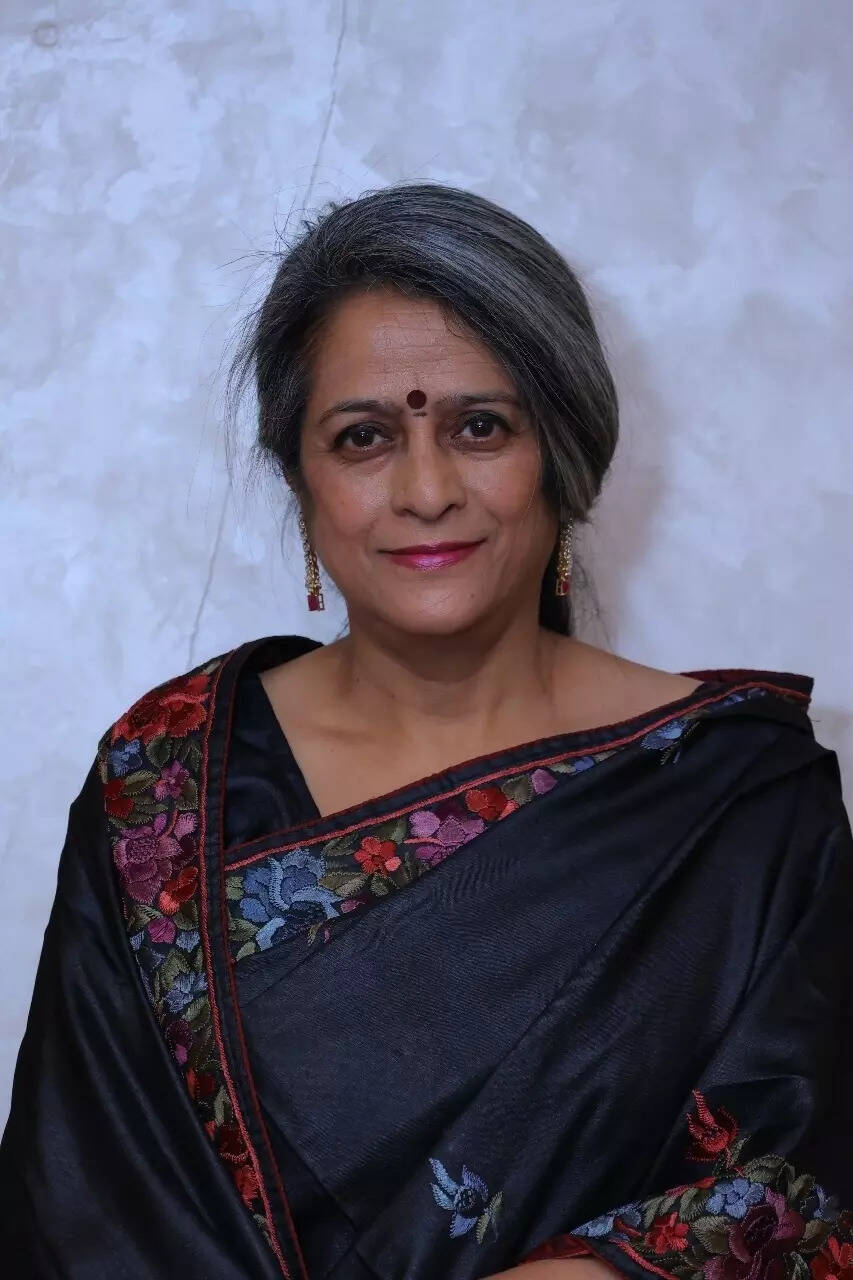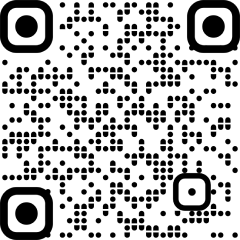
New Delhi: For decades, donning a white coat was the pinnacle of pride—a symbol of sacrifice, intellect, and societal contribution.
But on this National Doctors’ Day, a sobering truth confronts India: the medical profession is no longer the dream it once was.
From crushing workloads to emotional trauma, from lack of societal respect to systemic neglect, today’s doctors are navigating a terrain more hostile than healing.
In a candid conversation with Rashmi Kaur, Dr. Kirti Singh, Director Professor & HOD at Maulana Azad Medical College, reflects on how the very meaning and magnetism of being a doctor has eroded over the decades—and why that should worry us all.
Why the White Coat No Longer Inspires
“In our time,” Dr. Singh recalls, “becoming a doctor or an engineer was a badge of respect, service, and stability. But now, the story has changed.”
Becoming a doctor today means giving up one’s youth to over a decade of gruelling study and internships, only to enter a profession that offers neither commensurate financial return nor public respect.
“After so much sacrifice, if you get neither money nor appreciation—and instead, constant scrutiny and even violence—how will young minds stay inspired?” she asks. One error, one delayed diagnosis, and a doctor can become the scapegoat for an entire system’s failure, often with devastating consequences.
The pandemic exposed how undervalued doctors really are. From cancelled leaves during COVID to working at half faculty strength today, medical professionals are treated more like emergency utilities than human beings.
Dr. Singh laments, “Students are herded like cattle. Five people in a room, no proper services, no recognition. And we expect them to bloom?”
Even faculty positions remain overburdened. “We’re working with 50% staff. There is no focus on merit, neither of teachers nor of students. It’s heartbreaking.”
Broken Medical System
Dr. Singh underscores a fundamental contradiction: society expects doctors to show superhuman empathy, restraint, and sacrifice—but offers them neither the support nor the conditioning for it.
“Doctors are expected to behave very differently the moment they wear the white coat, but they come from the same world as everyone else. School, peer pressure, digital influence—it’s the same conditioning,” she says. “You can’t expect transformation without preparation.”
Unlike past generations driven by purpose, many of today’s entrants into medicine are driven by practical considerations: parental pressure, family business, or marriage prospects.
“The ones with fire in the belly are fewer,” says Dr. Singh, “and that fire is often extinguished early—right in school. With deteriorating incentives and toxic training environments, even passionate young aspirants burn out before they bloom.”
India’s doctor-patient ratio remains worryingly low—but the real crisis lies deeper.
“The middle rung—the paramedics, optometrists, nurses—is completely neglected. We build policy around the top of the pyramid while ignoring its base,” Dr. Singh warns.
Investing in a robust cadre of allied health professionals could ease the burden on doctors and improve overall healthcare delivery. But systemic will remains absent.
Doctors facing Mental Health Crisis
Medical training is emotionally and cognitively exhausting. From watching patients die to absorbing trauma in silence, doctors are emotionally saturated—but mental health remains taboo.
“Too much sympathy corrodes,” she says. “Once saturated, a doctor begins to live their patient’s pain. This transference can spiral into depression.”
Yet, stigma keeps most doctors and medical students from seeking help. “If someone has a counsellor here, people say, don’t marry them, don’t hire them. How is that fair?”
Increased digital dependency and declining human connection have made things worse.
“We’ve stopped touching lives—literally and figuratively. Kids talk to people continents away but ignore those beside them. The mind, like any organ, can fall sick. We must treat it that way,” says Dr. Singh.
She calls for open mental health conversations, which are free from judgment, and preventive education right from school.
Value Doctors, or Lose them
On a day meant to celebrate doctors, Dr. Singh issues a powerful reminder: until society revalues its caregivers—emotionally, financially, and structurally—we cannot expect the next generation to step up.
“Don’t just throw rose petals from helicopters. Fix the systems. Respect our minds. Respect our work,” she says. Because when the last doctor stops believing, the system will collapse—not with a bang, but a silent burnout.>




